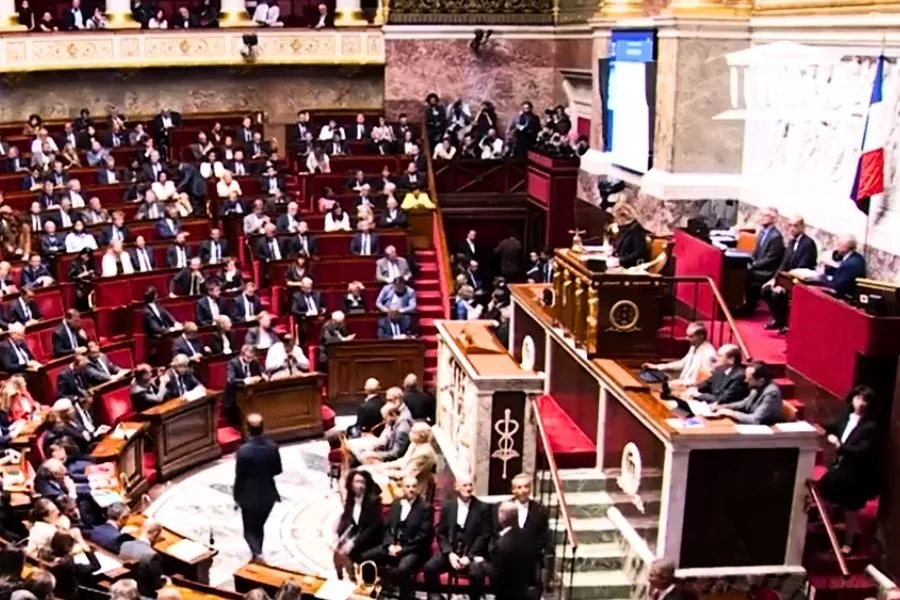France’s political landscape is in turmoil following the parliamentary defeat of Prime Minister François Bayrou’s government on Monday. The vote, with 364 against and 194 in favor, marks a significant blow to President Emmanuel Macron, forcing him to seek a fifth prime minister in under two years.
The immediate challenge for the incoming government will be navigating the passage of a budget. This task proved insurmountable for Bayrou despite his nine months in office. The deeply divided parliament presents a formidable obstacle to securing the necessary support.
Bayrou’s proposed strategy aimed to address France’s ballooning national debt, which currently stands at nearly double the EU’s 3% ceiling and accounts for 114% of the country’s GDP. His plan included 44 billion euros in savings for next year’s budget, but this failed to garner sufficient support from opposition parties.
The looming 2027 presidential election further complicated the situation, with opposition figures seizing the opportunity to demand Macron’s resignation and a snap parliamentary election—a request Macron has thus far resisted.
The political uncertainty risks jeopardizing France’s influence on the European stage, particularly in light of the current geopolitical climate. President Macron faces several options in choosing his next prime minister, ranging from within his centrist group or the conservatives to a moderate socialist or a technocrat.
However, none of these scenarios guarantees a parliamentary majority, and Finance Minister Eric Lombard acknowledged that the deficit reduction plan will likely be diluted in the process.
Financial markets reacted calmly to the news, having anticipated the outcome of the vote. However, upcoming credit rating reviews by Fitch, Moody’s, and S&P Global pose a significant risk to France’s financial stability. A potential downgrade could severely impact the country’s ability to borrow money at favorable interest rates, further exacerbating its debt crisis.
The situation is further complicated by planned protests, including a nationwide disruption called “Bloquons Tout,” scheduled for Wednesday, which indicates growing public discontent.
The Socialist Party has presented an alternative budget proposal, featuring a wealth tax on fortunes exceeding €100 million, aiming to generate €22 billion in savings. This, however, might prove difficult to reconcile with Macron’s pro-business agenda.
The path forward remains uncertain, with many, including ordinary citizens, expressing pessimism about the government’s ability to resolve the crisis.
Sponsored by: Free Image Converter image-converter.cgolly.com












